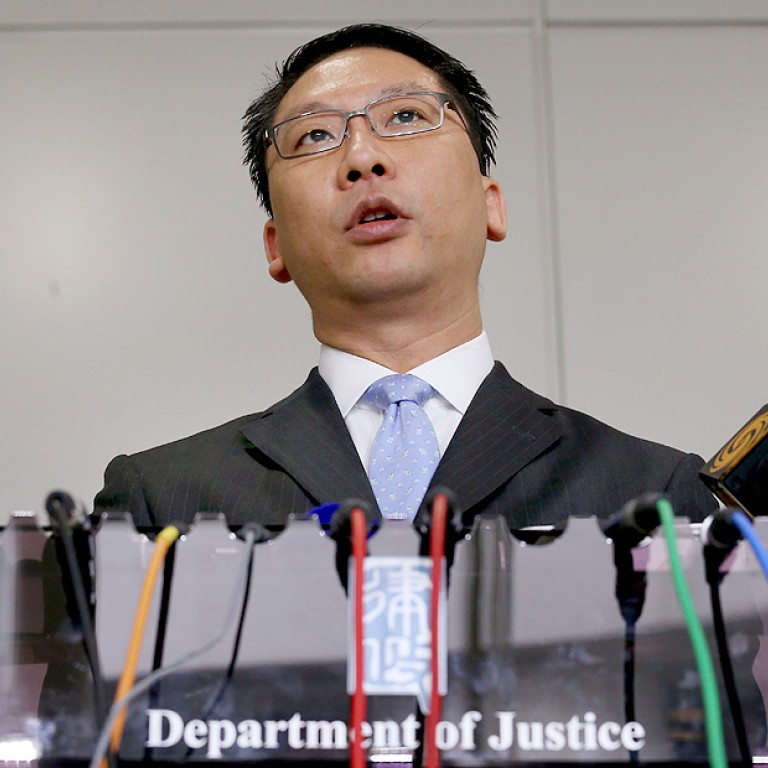
'Two systems' means no compromise of judicial independence
If there is one thing that defines the concept of "one country, two systems" and sets Hong Kong apart it is the independence of the city's judges.
If there is one thing that defines the concept of "one country, two systems" and sets Hong Kong apart it is the independence of the city's judges. The rule of law as we know it in Hong Kong depends absolutely on judicial independence. This difference from the mainland is so fundamental to "two systems" that it is to be expected that it will be vigorously defended if it becomes the subject of debate in Beijing's policies towards Hong Kong. That is the case with the publication by the central government of a white paper outlining Beijing's "comprehensive jurisdiction" over the city.
The Bar Association has taken particular exception to its categorisation of judges as administrators with political roles, and the basic requirement to love the country. The association's response that this is erroneous contrasts with the Law Society's reaction to the white paper, as we report today.
In their judicial oaths, judges swear allegiance to Hong Kong, under "one country, two systems", which is not inconsistent with loyalty to country or taking into account national security and interests. They honour that oath when they adjudicate freely, fairly and fearlessly, including ensuring that the government acts in accordance with the law.
Defending the white paper, Secretary for Justice Rimsky Yuen Kwok-keung said the term administrators meant judges were part of the political structure, not the governance team. He says there is no conflict with a remark by the Bar Association in 2008 (when he was its chairman) that "the judiciary … is not, and should not be regarded as, part of the governance team."
This was prompted by a statement by Xi Jinping, then vice-president, that he expected "mutual understanding and support" from the three branches of the city's government - the executive, the legislature and the judiciary. Xi's call reflects the mainland system, designed to be a harmonious framework rather than one of checks and balances.
Since the handover, Beijing has kept its promise that our capitalist way of life will continue, including the independence of our judiciary. The fact that the Bar Association has raised the issue is testament to the importance of the latter. Beijing perceives excessive emphasis on "two systems" at the expense of "one country". In that respect the white paper asserts its authority and the primacy of "one country". This may call for compromise over arrangements for the chief executive election in 2017. But if "two systems" is to mean anything there can be no compromise of judicial independence.

